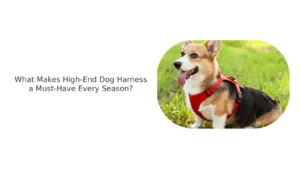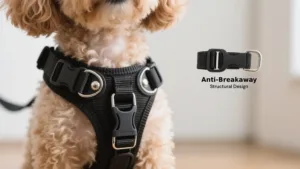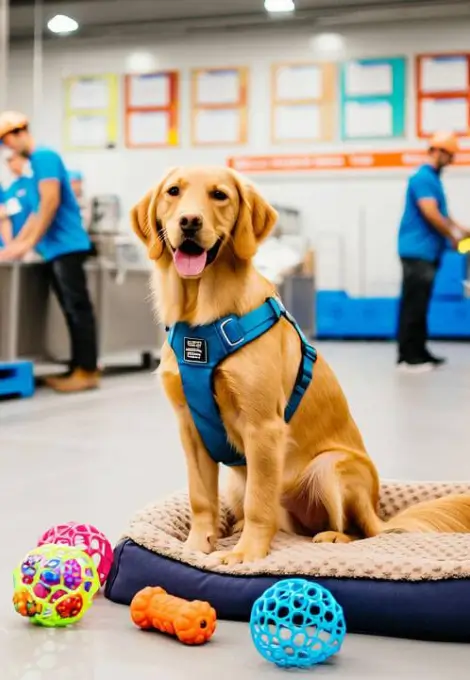How to Negotiate Minimum Order Quantities (MOQs) With Small-Scale Dog Product Manufacturers
Sourcing custom pet products from overseas can be daunting for small B2B buyers. Minimum order quantities (MOQs) are often higher than a tiny shop can afford, especially for niche items like personalized dog harnesses or collars. However, learning to negotiate MOQ terms can give your business the flexibility it needs. By understanding why manufacturers set MOQs and using strategic communication, you can secure a smaller initial order. Successfully lowering the MOQ reduces your upfront investment and inventory risk, allowing you to test new wholesale pet gear without being stuck with excess stock. In this article, we explain what MOQs are, highlight the benefits of negotiating them, and share practical tips—backed by industry insights—to help you engage confidently with pet supply manufacturers abroad.
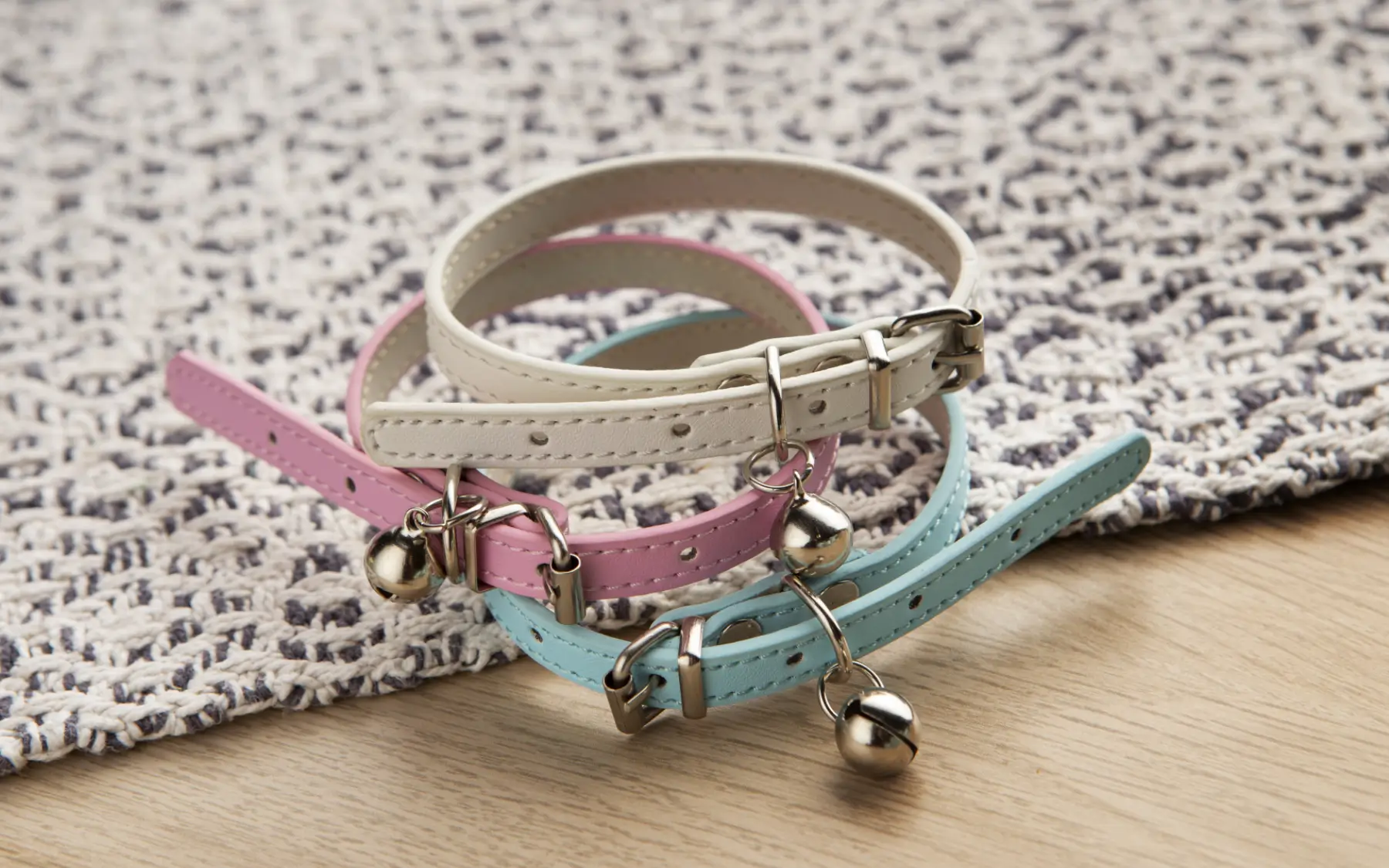
Understanding MOQs in Pet Product Sourcing
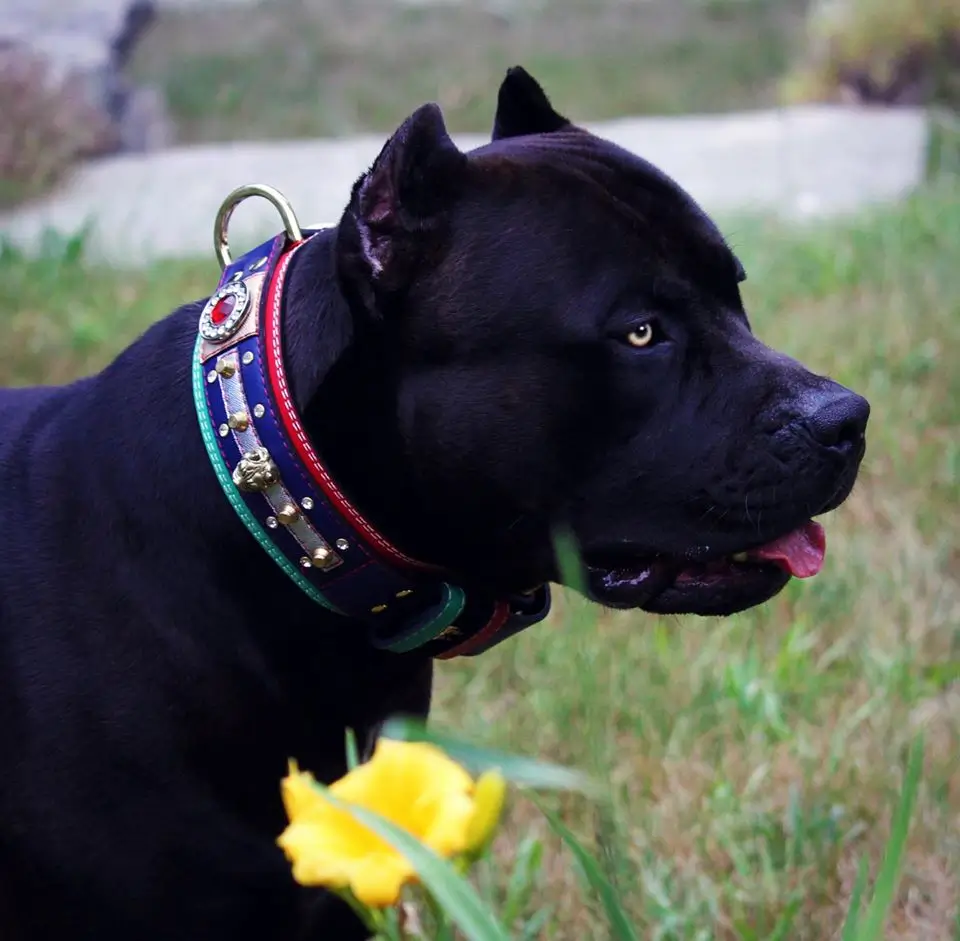 Small B2B pet retailers and brand owners often source custom dog products—like collars, harnesses, and leashes—from overseas factories. These pet supply manufacturers typically set a minimum order quantity (MOQ) for each design to cover their fixed production and material costs. For example, if a factory must buy a large batch of hardware or fabric, they’ll only agree to make a smaller run if the order meets their MOQ. Recognizing this helps explain why MOQs exist: they ensure efficient production and profitability. By understanding a supplier’s perspective on production economics, you can frame your request in a way that acknowledges their needs while aiming for flexibility.
Small B2B pet retailers and brand owners often source custom dog products—like collars, harnesses, and leashes—from overseas factories. These pet supply manufacturers typically set a minimum order quantity (MOQ) for each design to cover their fixed production and material costs. For example, if a factory must buy a large batch of hardware or fabric, they’ll only agree to make a smaller run if the order meets their MOQ. Recognizing this helps explain why MOQs exist: they ensure efficient production and profitability. By understanding a supplier’s perspective on production economics, you can frame your request in a way that acknowledges their needs while aiming for flexibility.
Benefits of Negotiating MOQs
Lowering the MOQ has clear advantages for small businesses. You can invest less capital up front and introduce products more quickly. For instance, ordering a few dozen custom dog harnesses (instead of hundreds) lets you test a design’s popularity without tying up too much cash. A smaller MOQ also reduces the risk of unsold inventory and frees up cash for marketing or other products. On the manufacturer’s side, accommodating your request can lead to a long-term partnership. Suppliers who see your sales potential may offer better terms on future orders. In short, negotiating MOQs leads to faster inventory turnover and a stronger buyer-supplier relationship, benefiting both your small business and the factory.
Preparing to Negotiate
- Research manufacturers:Request quotes from both large factories and smaller workshops. Smaller-scale manufacturers often have lower overhead and can be more flexible on MOQ.
- Clarify your product:Provide clear specifications, drawings, and certifications for your design. A detailed request shows professionalism and avoids confusion.
- Show business intent:Share a simple sales forecast or market analysis. Demonstrating potential demand convinces the supplier that accommodating a lower MOQ could lead to future larger orders.
- Simplify the design:Whenever possible, use standard materials or components. Simplifying your product (for example, a simpler buckle or standard webbing on a harness) can reduce the factory’s setup costs and lower the MOQ threshold.
- Visit trade shows or markets:If feasible, attend pet industry trade fairs or wholesale markets (like China’s Yiwu market). Meeting suppliers in person can build trust, and some vendors at these markets may agree to smaller MOQs after a face-to-face negotiation.
- Use local help:A translator or sourcing agent can bridge language and cultural gaps, ensuring your requirements are understood correctly.
Building Relationships with Manufacturers
 Building a strong rapport with a manufacturer is one of the most important steps in MOQ negotiation. Chinese pet product factories, in particular, value trust and long-term cooperation. Communicate regularly and courteously—ask about their production capacity and share your business plans. If possible, arrange a factory visit or a video call; this shows commitment and helps you understand their processes. When a supplier sees you as a serious, ongoing partner rather than a one-time buyer, they are much more likely to accommodate a lower MOQ. Keep your interactions polite and honest, and strive to find solutions that benefit both sides. (For example, suggest scheduling the production during their slower season, which can give them an incentive to agree to smaller batches.)
Building a strong rapport with a manufacturer is one of the most important steps in MOQ negotiation. Chinese pet product factories, in particular, value trust and long-term cooperation. Communicate regularly and courteously—ask about their production capacity and share your business plans. If possible, arrange a factory visit or a video call; this shows commitment and helps you understand their processes. When a supplier sees you as a serious, ongoing partner rather than a one-time buyer, they are much more likely to accommodate a lower MOQ. Keep your interactions polite and honest, and strive to find solutions that benefit both sides. (For example, suggest scheduling the production during their slower season, which can give them an incentive to agree to smaller batches.)
Tips for Negotiating a Lower MOQ
- Offer a higher unit price:Compensating the supplier with a slightly higher per-unit price can offset the cost of a small run. This shows you are serious and willing to share the burden of reduced economies of scale.
- Propose a trial order:Pitch a small first order as a test run. Provide data or market research to show demand for your product. If the trial succeeds, follow up with larger orders. Suppliers appreciate proof that their product will sell.
- Use staggered or blanket orders:Instead of demanding all units at once, commit to a larger total quantity over time but request delivery in smaller installments. For example, you might agree to purchase 300 collars over a year, but ask for them in batches of 50. This approach guarantees future business for the factory while easing your immediate costs.
- Bundle multiple items:Combine different product variations or designs in one order so that the factory meets its overall MOQ across products. For instance, order two styles of harnesses in one purchase to split the minimum.
- Standardize components:As noted above, using common parts (like standard buckles, materials, or packaging) can reduce complexity. Factories often have lower MOQ requirements for items using readily available components.
- Work through trading companies or platforms:If direct negotiation fails, consider sourcing through a trader or an online marketplace. Trading companies can aggregate orders from multiple buyers, effectively splitting the MOQ. Some vetted online suppliers (on platforms like AliExpress or Alibaba) also offer very low MOQs for certain pet gear, though be sure to vet their quality.
- Be patient and cooperative:Negotiation is give-and-take. Listen to the manufacturer’s concerns (profitability, production scheduling, etc.) and find win-win adjustments. For example, you might accept simpler packaging, pay a reasonable deposit, or agree to quicker shipping once the order is ready.
Cultural Insights for Effective Communication
When dealing with a Chinese pet product manufacturer, small cultural gestures can make a big difference. Always be polite and avoid direct confrontation. Chinese business culture values face (respect), so frame requests positively. If a supplier seems hesitant, don’t push too hard in person—try asking indirect questions or suggesting ideas. As one sourcing expert points out, hiring a local translator or agent can bridge any language or cultural gap. Also respect the production calendar: factories often close for the Chinese New Year (Spring Festival) and may slow down around other holidays. By showing respect for their customs, responding promptly to questions, and keeping a friendly tone, you build trust. A supplier who trusts you will be more inclined to discuss flexible MOQ options openly.
Common Challenges and How to Overcome Them
- High MOQ requirements:If the manufacturer’s MOQ is still above your budget, revisit your negotiation points (price, design, scheduling) or consider finding another supplier. Smaller workshops or different regions might offer lower minimums.
- Quality concerns:Never sacrifice quality just to meet MOQ. Always request a pre-production sample or initial prototype. Evaluating a sample ensures the factory can meet your standards before you commit to any order.
- Payment and trust:Use secure payment methods (such as a reputable escrow service or partial advance with balance on delivery). A reasonable deposit (e.g. 30%) shows good faith. Once both sides trust each other, the factory may relax terms.
- Excessively low MOQ offers:Be cautious if a supplier quotes an unusually low MOQ with no strings attached. As one industry source warns, “caveat emptor”—the item might not meet regulations or quality standards. Always verify a supplier’s certifications and, if possible, get references from other buyers.
- Communication delays:Time zone differences and busy schedules can slow responses. Clarify expectations up front (for example, ask when production can start and when samples are ready). If messages aren’t clear, follow up politely and keep a written record to avoid misunderstandings.
Working with a Reliable Pet Product Manufacturer
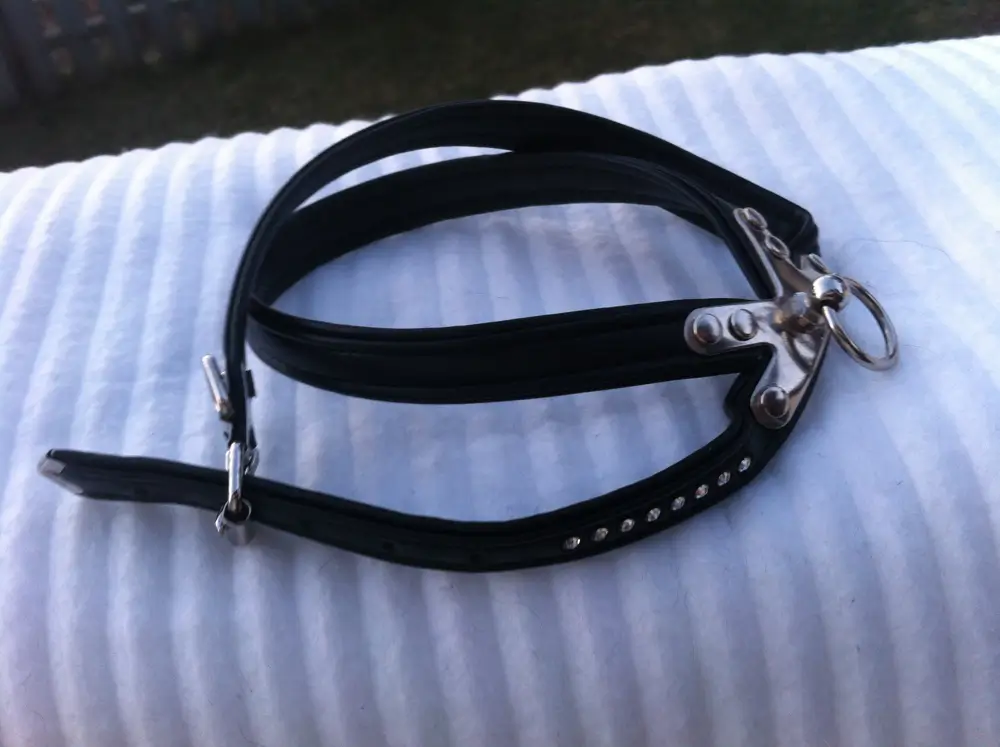 Working with an experienced dog harness supplier or pet gear factory can make MOQ negotiations much smoother. A reputable manufacturer will have clear quality controls and be familiar with custom orders. Look for suppliers with good communication (e.g. prompt replies in clear English) and positive reviews from other small businesses. The right partner often sees a small first order as the start of a long-term relationship. For example, our factory (a specialized pet supply manufacturer) regularly supports small retailers by offering trial runs and adjusting production schedules to fit lower MOQs. As sourcing experts note, demonstrating commitment and a shared interest in market growth makes suppliers more willing to meet you halfway. In practice, this means a flexible dog product manufacturer will work with you to find a win–win solution, whether that’s a slightly higher unit price or a phased delivery plan, so that your small business can safely introduce new custom pet products.
Working with an experienced dog harness supplier or pet gear factory can make MOQ negotiations much smoother. A reputable manufacturer will have clear quality controls and be familiar with custom orders. Look for suppliers with good communication (e.g. prompt replies in clear English) and positive reviews from other small businesses. The right partner often sees a small first order as the start of a long-term relationship. For example, our factory (a specialized pet supply manufacturer) regularly supports small retailers by offering trial runs and adjusting production schedules to fit lower MOQs. As sourcing experts note, demonstrating commitment and a shared interest in market growth makes suppliers more willing to meet you halfway. In practice, this means a flexible dog product manufacturer will work with you to find a win–win solution, whether that’s a slightly higher unit price or a phased delivery plan, so that your small business can safely introduce new custom pet products.
Negotiating MOQs is as much about collaboration as it is about leverage. By preparing carefully, communicating openly, and respecting the supplier’s perspective, you can turn a high MOQ into a manageable order size. Use the strategies above to approach manufacturers confidently. In doing so, you’ll not only secure the affordable custom dog products your business needs, but also lay the groundwork for a strong, ongoing partnership with your overseas manufacturer.

